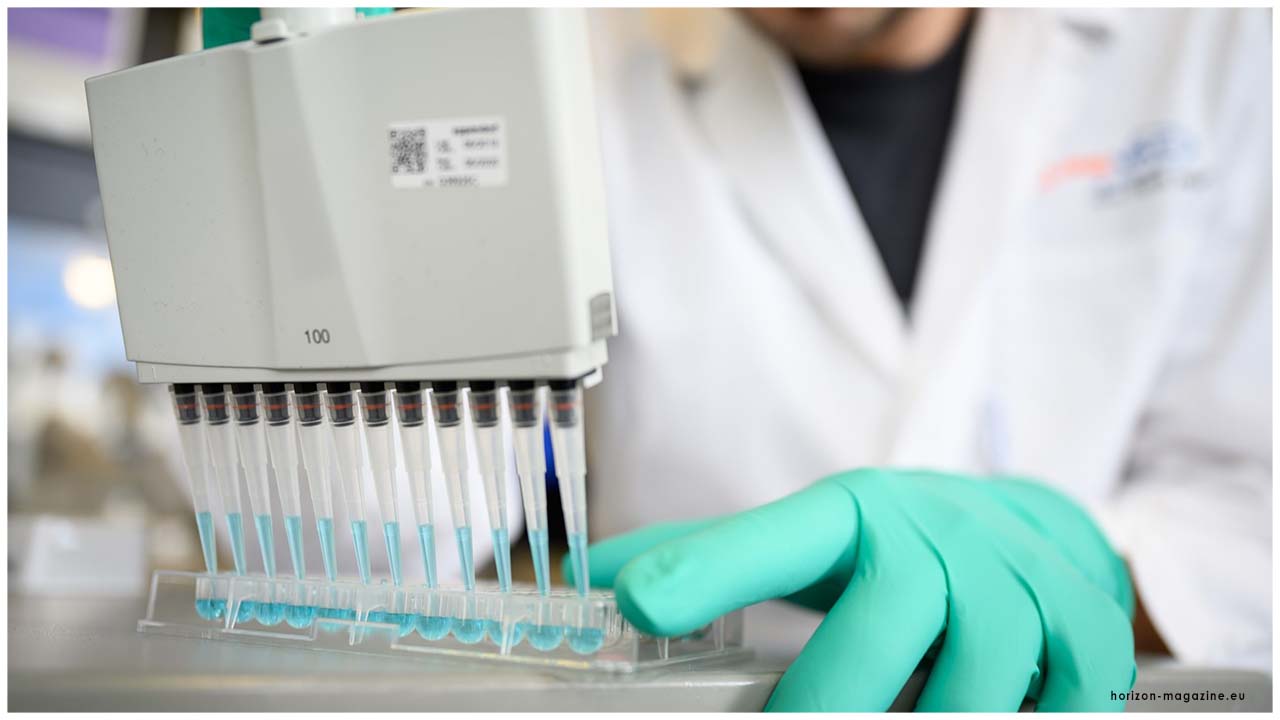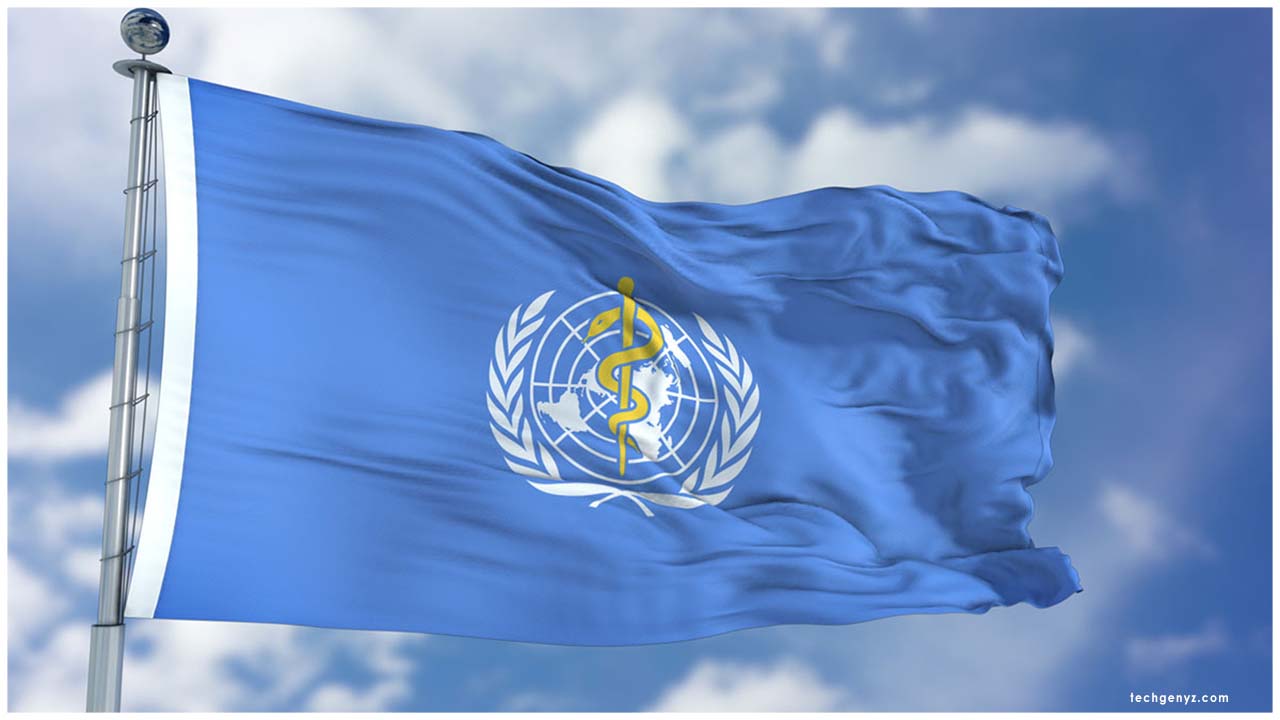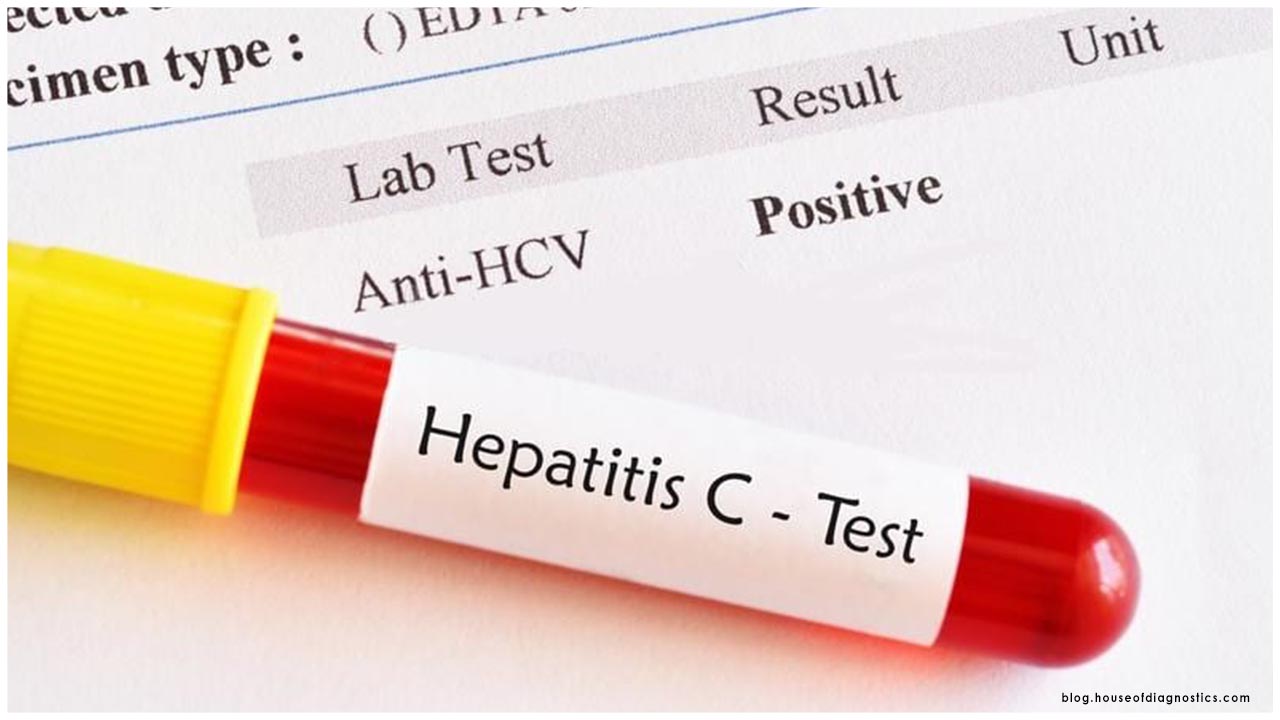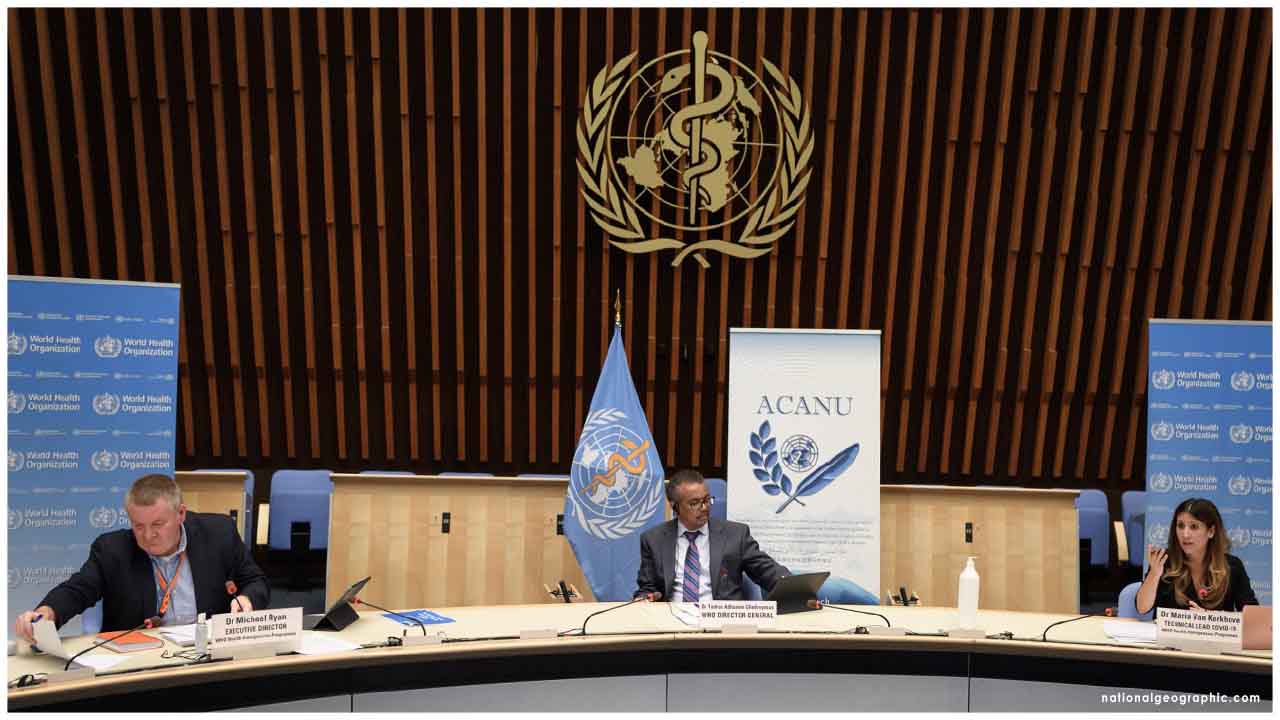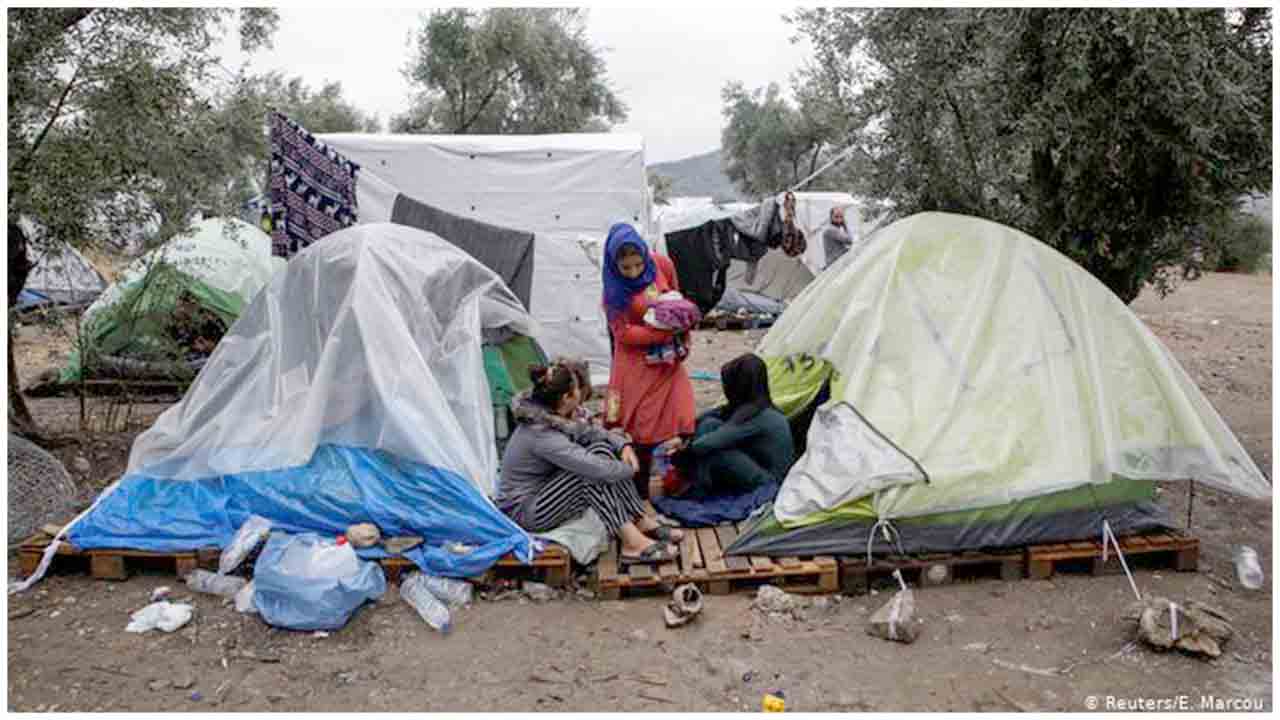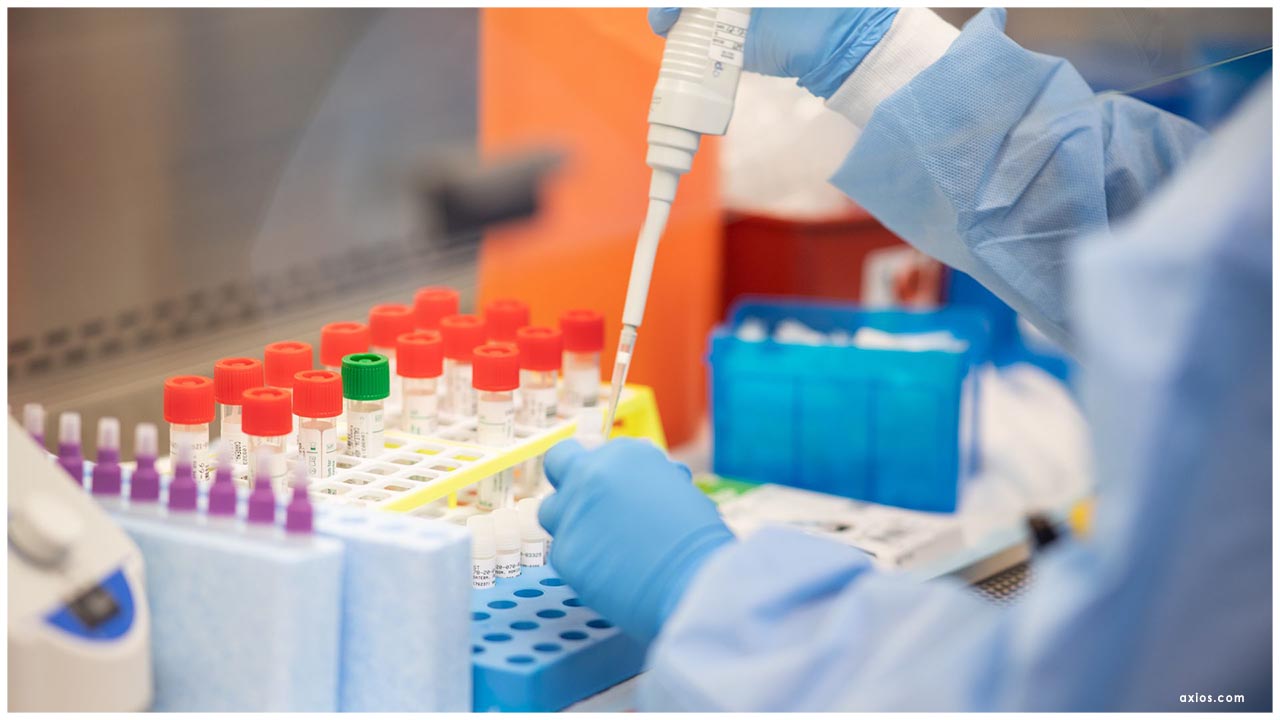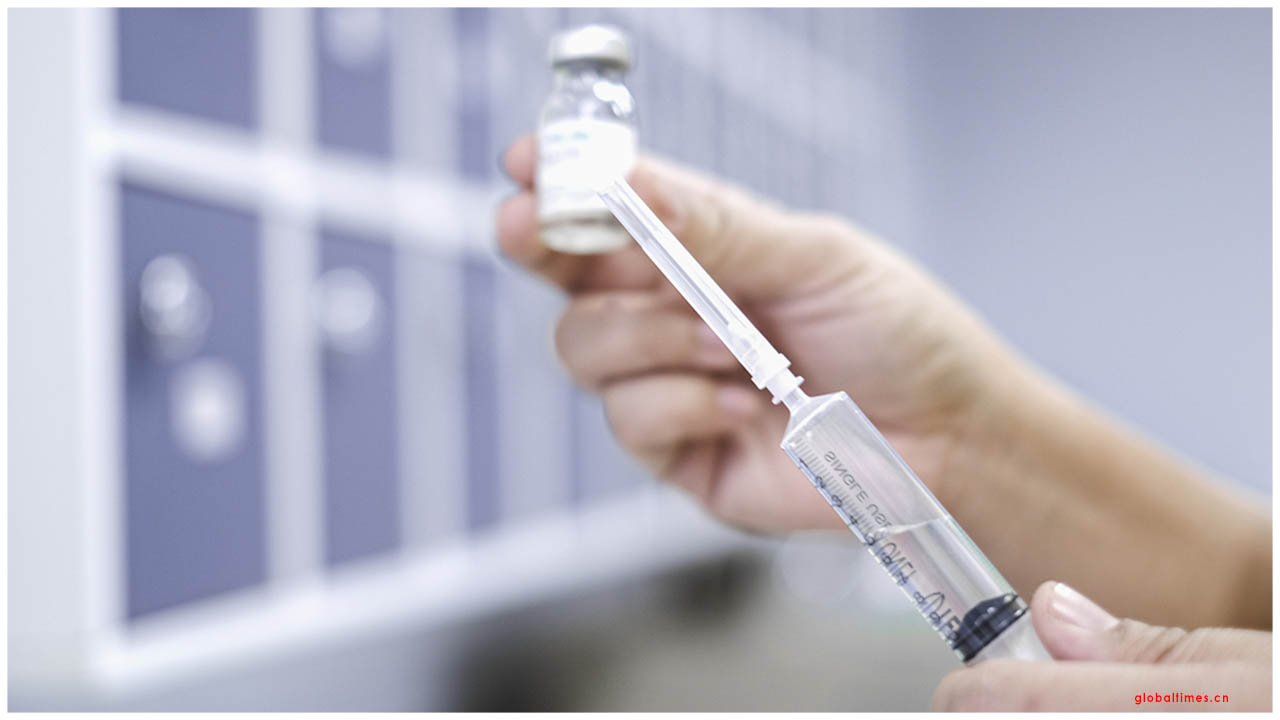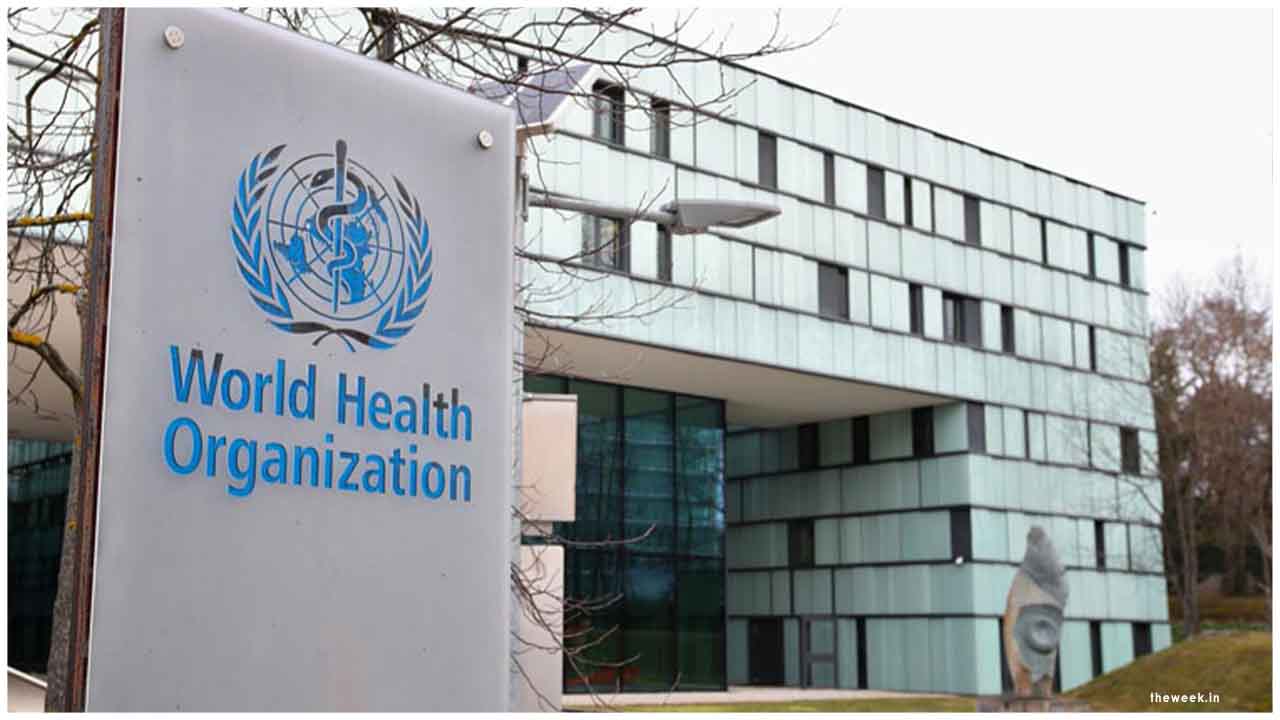The Centers for Disease Control and Prevention's self-segregation rules have been an aspect of pandemic life in the country since March.
The individuals who test positive for the coronavirus yet who don't have side effects have checked during the time until they could be allowed to wander out, while the debilitated have stressed over how long they could be a risk to their friends and family.
Presently, the Centers for Disease Control and Prevention, recognizing extended comprehension about the irresistibleness of the novel coronavirus, has changed a portion of its proposals.
It presently instructs the vast majority with dynamic cases concerning COVID-19, the disease brought about by the coronavirus, to detach for 10 days after manifestations start and 24 hours after their fever has broken. For the individuals who have a positive test yet are asymptomatic, the general wellbeing organization as of Friday suggested detaching 10 days from the testing date. The CDC had recently suggested individuals segregate until two negative swabs for the coronavirus - however, that ended up being unfeasible given the deficiency of tests.
In a half year since the infection has been in the United States, various investigations have proposed a great many people are irresistible for just a brief period, normally four to nine days. In one huge contact-following investigation of high-hazard cooperations in medical clinics and homes, introductions of individuals to the infection occurred inside five days of a patient's disease.
CDC noticed that a "predetermined number of people with serious ailment" may keep on creating the infection longer and may warrant stretching out the seclusion time frame to as much as 20 days.
Likewise with different rules about the coronavirus, much stays in transition, and contrasting suppositions exist in various pieces of the world about how long individuals ought to detach or isolate.
Confinement rules are for individuals who test constructive, while the term isolate is commonly utilized for individuals who have been in contact with a contaminated individual however don't have affirmed diseases. The CDC keeps on suggesting a 14-day isolate period.
Switzerland expects individuals to seclude for 10 days, however, some have contended that is still excessively long. In Taiwan, voyagers from generally safe nations, for example, New Zealand, South Korea, and Vietnam must isolate in an inn for only seven days. Guests from higher-hazard nations are as yet dependent upon a 14-day rule.
The World Health Organization refreshed its direction in June to suggest 10 days of segregation for the individuals who don't have manifestations and at any rate 13 days for individuals with side effects.
Julian Tang, a virologist with the University of Leicester in the United Kingdom and the National University of Singapore, said he has been exhorting clinical groups for a while that patients can be discharged from the detachment at 10 days. He said papers looking at when individuals are equipped for spreading the infection have been amazingly predictable about the period for likely transmission.
In a paper in Nature, scientists saw that the infection begins as killed by antibodies that show up on the fifth day of a disease and that by the eighth or ninth day, no live infection was recognized. An investigation on nasal swabs and viral burden distributed as a letter in the New England Journal of Medicine found that the measure of infection appears to drop off nearly from the principal day of manifestations.
"You're not going to arrive at total zero hazards," Tang stated, "however the examinations have demonstrated viral shedding generally stops following 10 days."
The CDC communicated comparative suppositions in its suggestions, which contain the proviso that they depend on the best accessible data and "mirror the real factors of a developing pandemic."
"In any event, for microbes for which numerous long periods of information are accessible," the CDC expressed, "it may not be conceivable to build up suggestions that guarantee 100 percent of people who are shedding replication-capable infection stay confined."
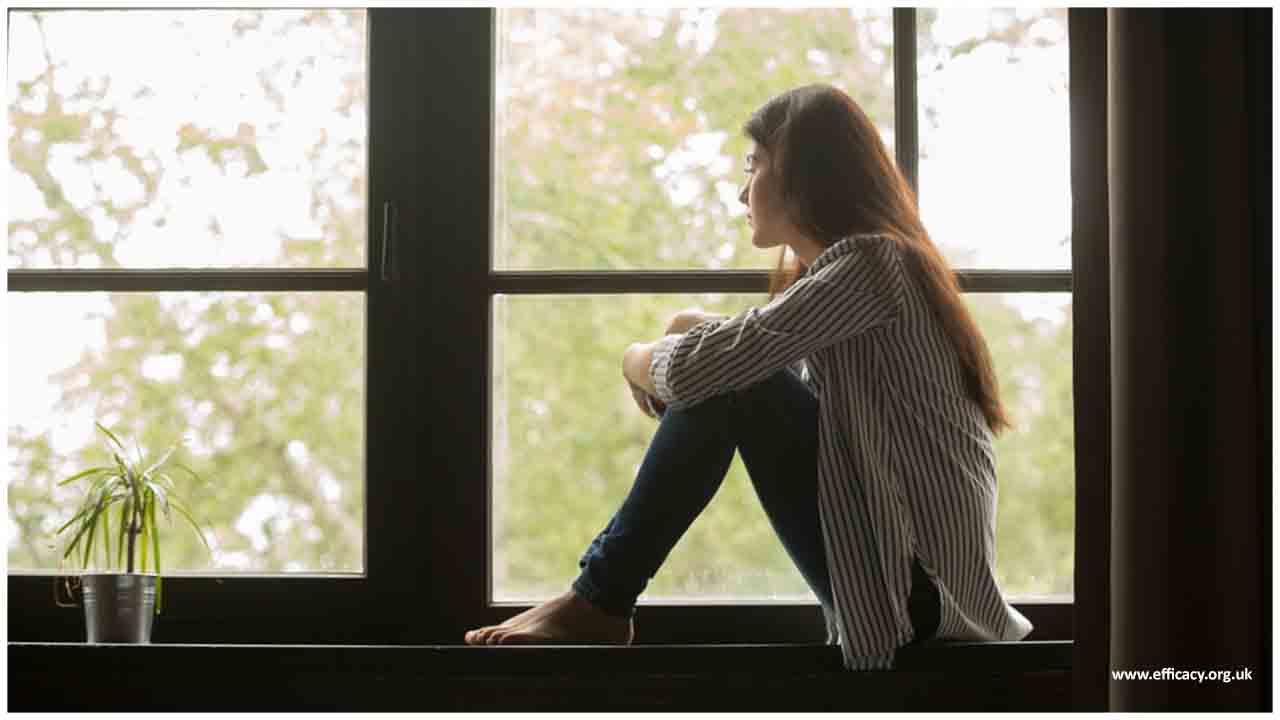
 Those who test positive for the coronavirus but who do not have symptoms have counted down the minutes until they could be free to venture out
Those who test positive for the coronavirus but who do not have symptoms have counted down the minutes until they could be free to venture out








